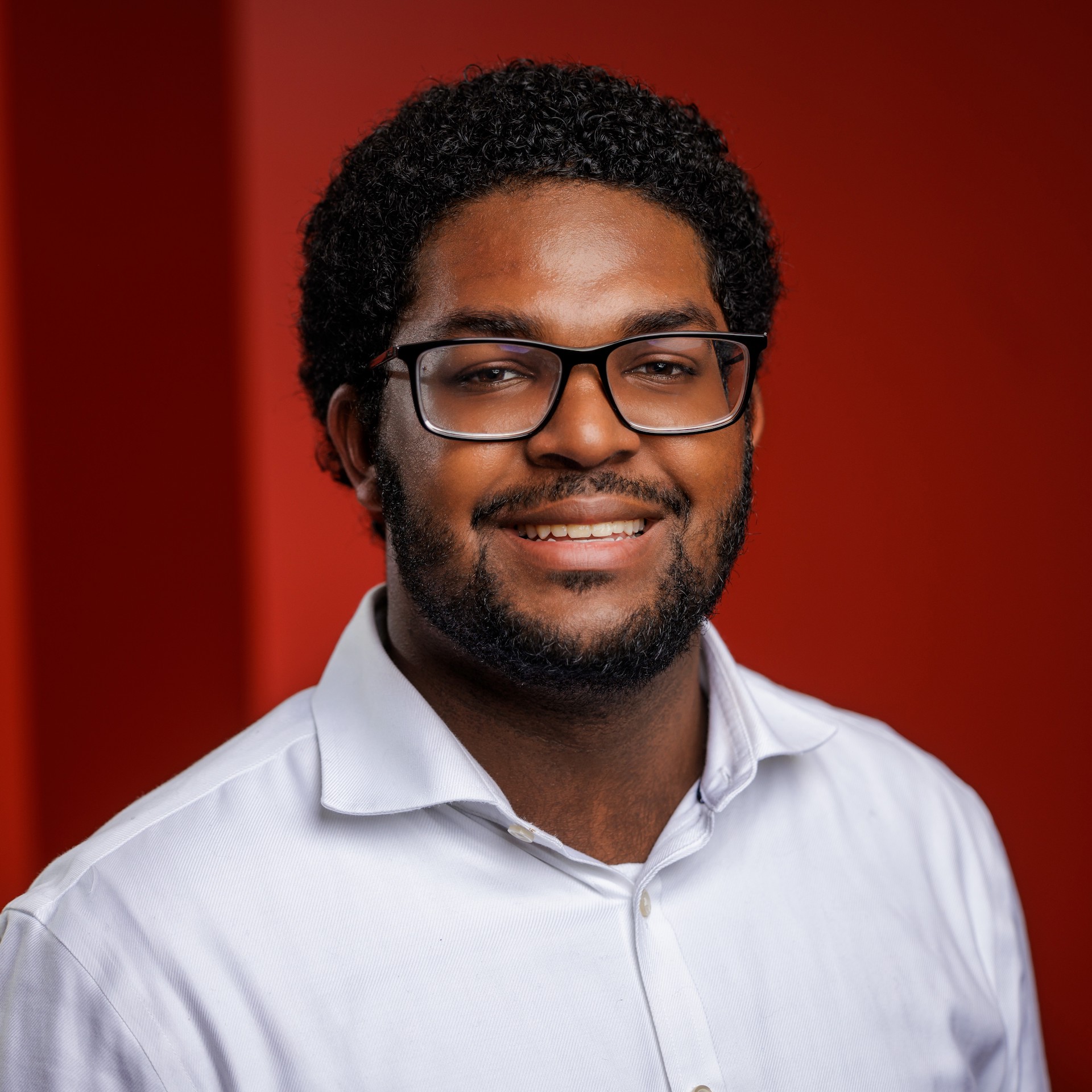 This April, just before final exams and papers dominated the minds of every Notre Dame student, I had the opportunity to attend the 2024 Fares Center International Conference: "The Middle East in the U.S. and the U.S. in the Middle East." The title itself brings a unique lens to the field of area studies, and is especially relevant when discussing the Middle East. The focus of the conference, hosted at Tufts University's Fletcher School, was to illuminate the complicated entanglements between the United States and the region from a wide range of disciplinary perspectives. This informed me, and other conference participants, of the ways in which these two regions are constantly interacting.
This April, just before final exams and papers dominated the minds of every Notre Dame student, I had the opportunity to attend the 2024 Fares Center International Conference: "The Middle East in the U.S. and the U.S. in the Middle East." The title itself brings a unique lens to the field of area studies, and is especially relevant when discussing the Middle East. The focus of the conference, hosted at Tufts University's Fletcher School, was to illuminate the complicated entanglements between the United States and the region from a wide range of disciplinary perspectives. This informed me, and other conference participants, of the ways in which these two regions are constantly interacting.
Historical presentations about "the encounter" between America and those from the Middle East provoked interesting thoughts on epistemology (how we grow to know things) through the encounters between cultures, the nature of these encounters, and the ways in which they are told to others. The historians were quickly replaced on stage by political scientists, tracking how these encounters are shaping American public and political thought, and vice versa, how American actions are impacting Arab understandings of democracy, foreign investment, allyship, and more.
At first, honestly, I felt overwhelmed. I was one of very few undergraduates present for the conference, and many of the terms were specific to practitioners of the discipline, or at least familiar to those around me. I was also being presented with new ways of thinking, methodologies that I was unfamiliar with due to my sociological training, and terminology and ideological lenses that I hadn't learned in my peace studies classes.
Confiding this with my mentor, Professor Omer, she cleared up some of my questions and urged me to look at it as a learning opportunity, not to view the presentations through a purely disciplinary lens. One does not need to confine oneself to their discipline, but rather be able to seek a holistic understanding that is always in conversation with each other. Having been exposed to this already through the Kellogg International Scholars Program, I took this advice in stride and tried to stop being intimidated by being "out of my comfort zone." Instead, I imagined myself as a participant in a larger conversation.
Of course, the reason I was there was because of the paper written by Professor Omer and myself titled "America is a Thing You Can Move Very Easily": Religion and Race in America Explain Why Hasbarah Works and Why It Doesn't. In this paper, we track the use of hasbarah, or Israeli public diplomacy, in targeting Black Christian groups, enveloping them into a larger white supremacist project that involves Christian Zionism. It was absolutely wonderful to see the research I did, the articles I reviewed, and the analysis I pulled being realized in front of an audience of world-renowned experts. Having people whose work I've read and engaged with tell me "Congratulations on the paper, it was very interesting" was amazing.
While initial moments presented challenges, as the terminology and methodologies employed stretched beyond my immediate disciplinary background, Professor Omer's invaluable guidance and the Kellogg Institute's generous support proved instrumental in navigating these complexities. The conference's transcendental approach to study of the Middle East fostered a deeper appreciation for the multifaceted nature of this critical region. Witnessing how scholars collaborated to approach the topic instilled in me the importance of seeking a holistic understanding that transcends disciplinary boundaries. The Fares Center conference not only equipped me with a more nuanced understanding of the Middle East but also ignited a passion for scholarly exchange and collaboration. Moving forward, I am confident that this experience will serve as a springboard for continued learning and engagement with critical global issues.





